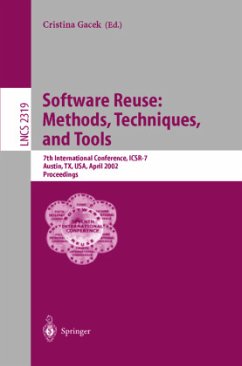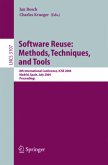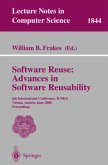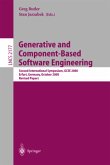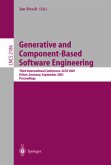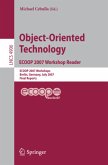As a result of the open-source movement there is now a great deal of reusable software available in the public domain. This offers significant functionality that commercial software vendors can use in their software projects. Open-source approaches to software development have illustrated that complex, mission critical software can be developed by distributed teams of developers sharing a common goal. Commercial software vendors have an opportunity to both learn from the op- source community as well as leverage that knowledge for the benefit of its commercial clients. Nonetheless, the open-source movement is a diverse collection of ideas, knowledge, techniques, and solutions. As a result, it is far from clear how these approaches should be applied to commercial software engineering. This paper has looked at many of the dimensions of the open-source movement, and provided an analysis of the different opportunities available to commercial software vendors. References and Notes 1. It can be argued that the open-source community has produced really only two essential 9 products -- Apache (undeniably the most popular web server) and Linux although both are essentially reincarnations of prior systems. Both are also somewhat products of their times: Apache filled a hole in the then emerging Web, at a time no platform vendor really knew how to step in, and Linux filled a hole in the fragmented Unix market, colored by the community s general anger against Microsoft. 2.Evans Marketing Services, Linux Developers Survey, Volume 1, March 2000.
Hinweis: Dieser Artikel kann nur an eine deutsche Lieferadresse ausgeliefert werden.
Hinweis: Dieser Artikel kann nur an eine deutsche Lieferadresse ausgeliefert werden.

